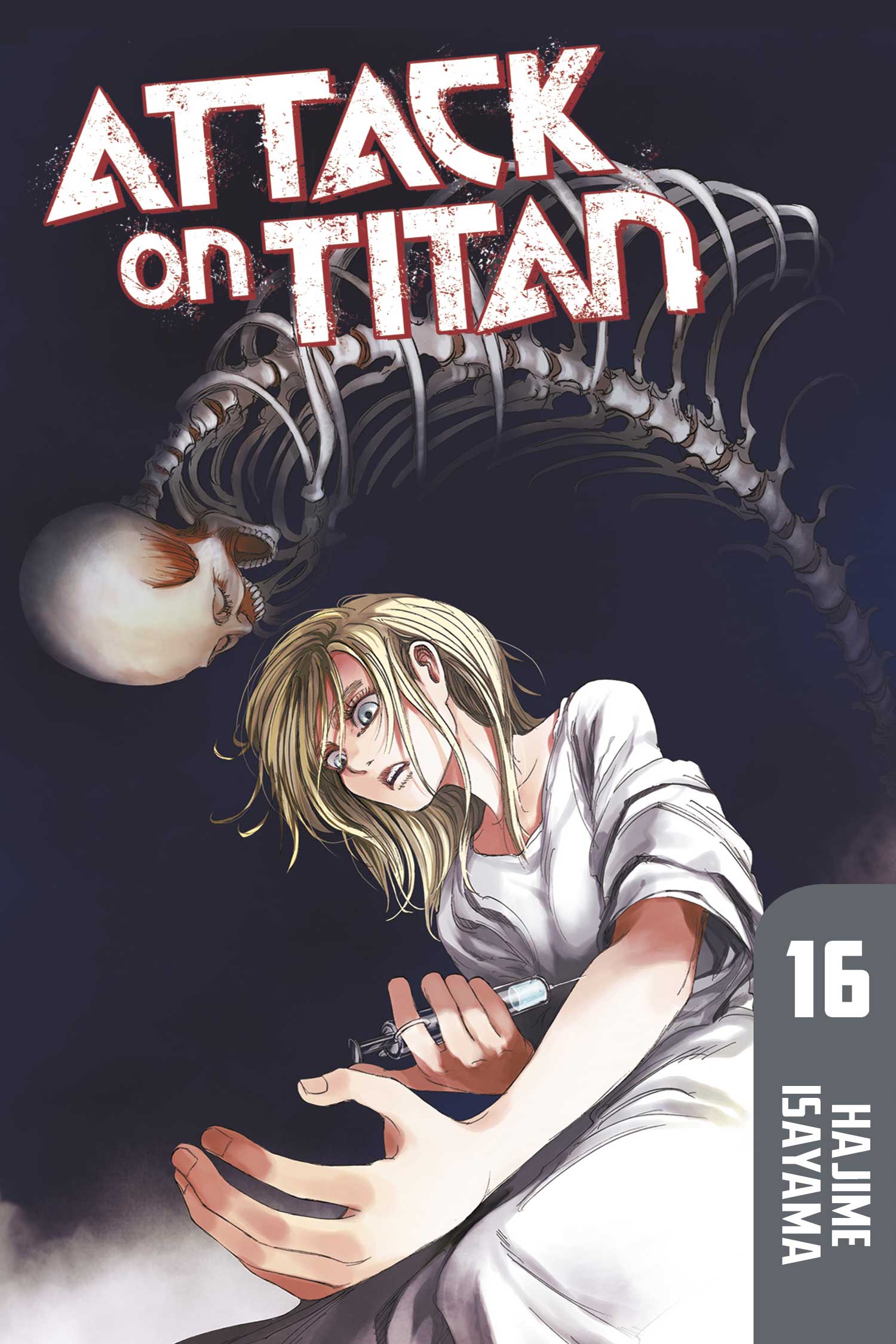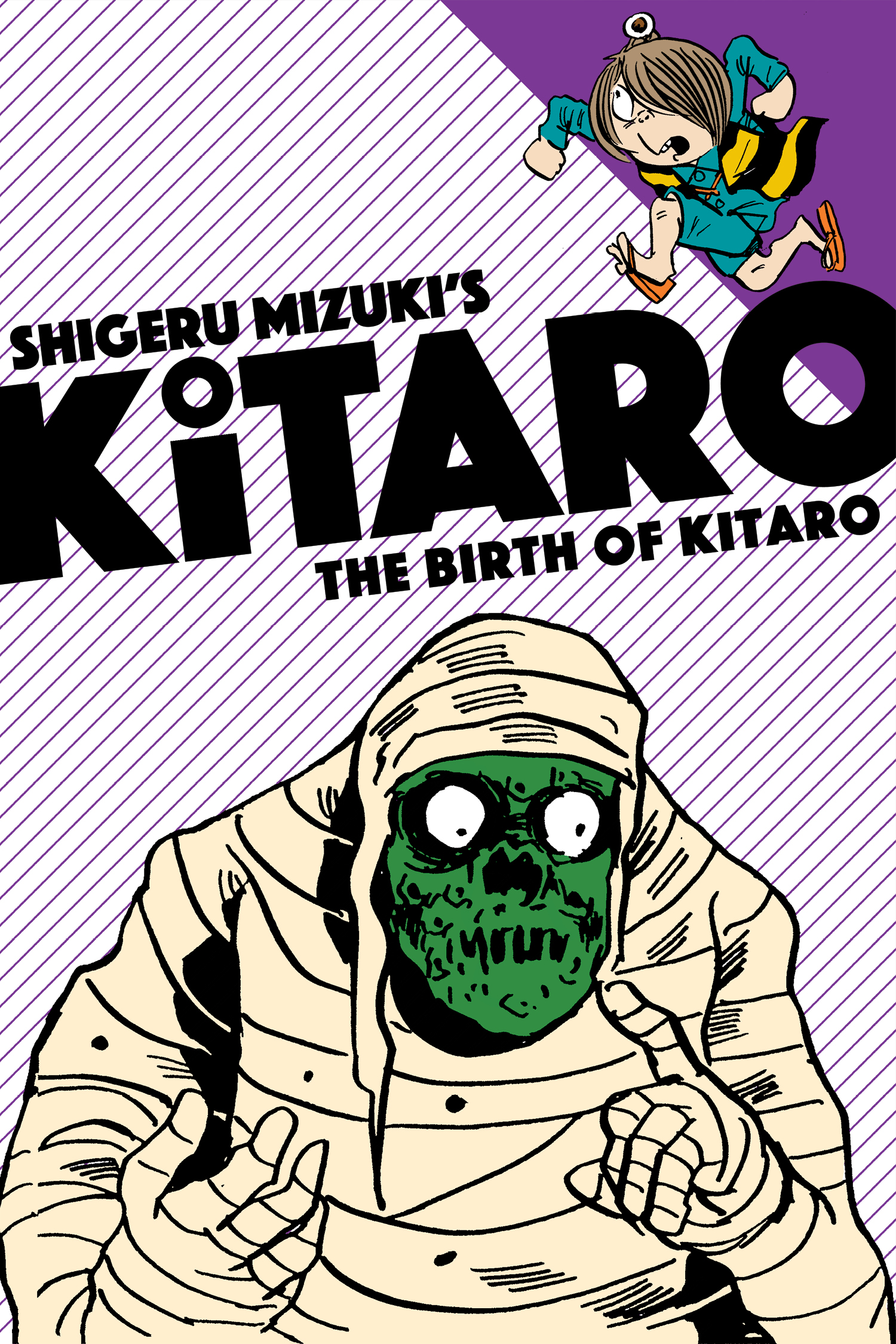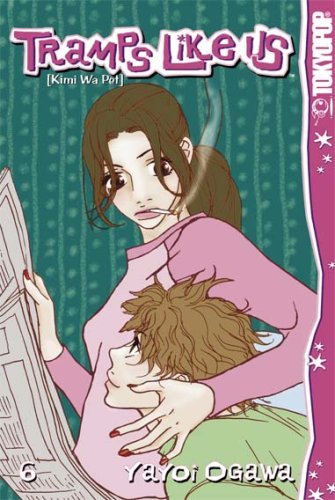I will be the first to admit that the amount of manga, comics, and other delights I acquired in May was kind of ridiculous, especially when compared to recent months in which I've deliberately tried …
My Week in Manga: May 30-June 3, 2016
My News and Reviews Since it was the end of one month and the beginning of another, there were a couple of different things posted at Experiments in Manga in addition to the usual My Week in Manga …
Continue Reading about My Week in Manga: May 30-June 3, 2016 →
Kitaro, Volume 1: The Birth of Kitaro
Creator: Shigeru Mizuki U.S. publisher: Drawn & Quarterly ISBN: 9781770462281 Released: May 2016 Original release: 1966-1968 In 2013, comics publisher Drawn & Quarterly released Kitaro …
Continue Reading about Kitaro, Volume 1: The Birth of Kitaro →
Manga Giveaway: Paradise Residence Giveaway Winner
And the winner of the Paradise Residence manga giveaway is... Chris Lawton! As the winner, Chris will be receiving a copy of Kosuke Fujishima's Paradise Residence, Volume 1 as published in English …
Continue Reading about Manga Giveaway: Paradise Residence Giveaway Winner →
My Week in Manga: May 23-May 29, 2016
My News and Reviews Last week, I was rather preoccupied with my move. The rest of the family and I are now successfully living in the new house, but we aren't through with moving and there's still …
Continue Reading about My Week in Manga: May 23-May 29, 2016 →
Manga Giveaway: Paradise Residence Giveaway
The end of May is almost here. I'm very aware of this fact since my family's goal is to be completely moved in, or at least living in, the new house by the end of the month. So this last week of May …
Continue Reading about Manga Giveaway: Paradise Residence Giveaway →



